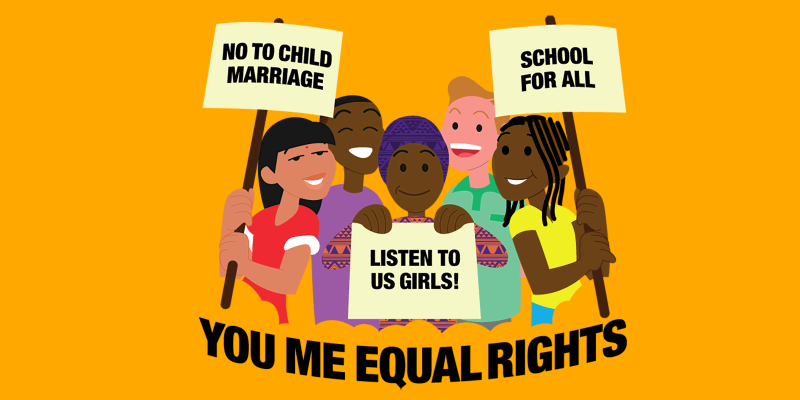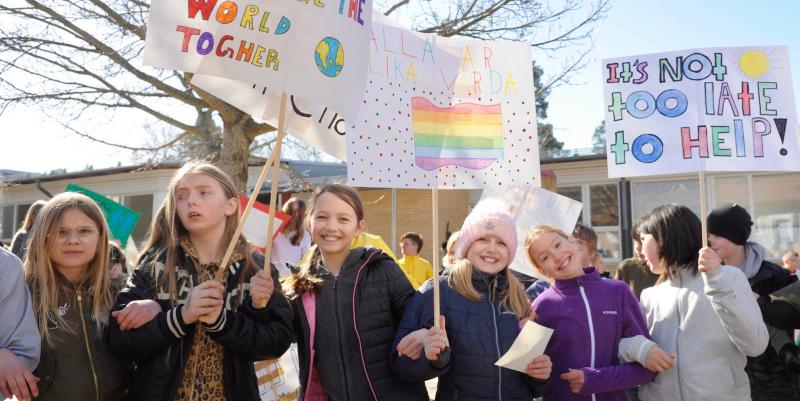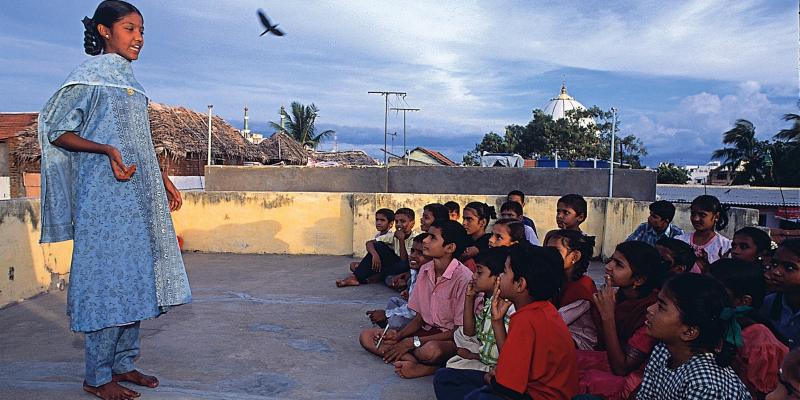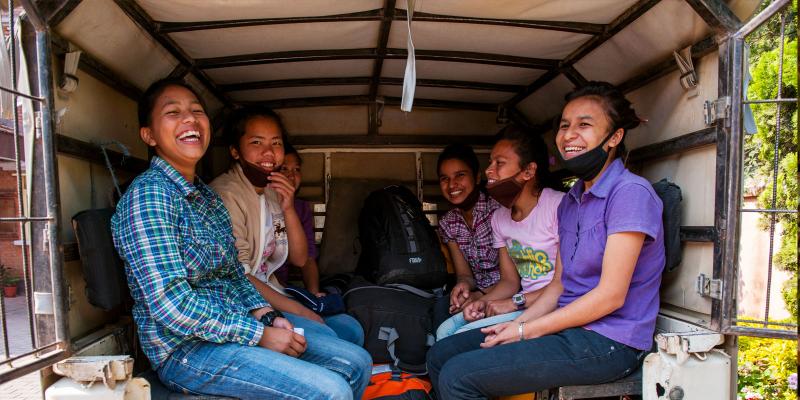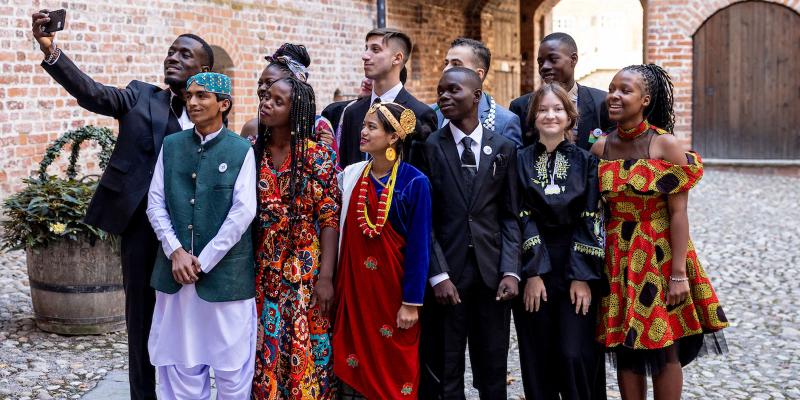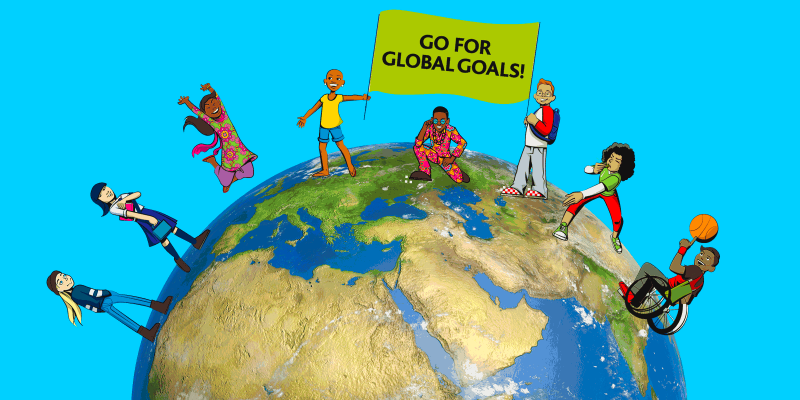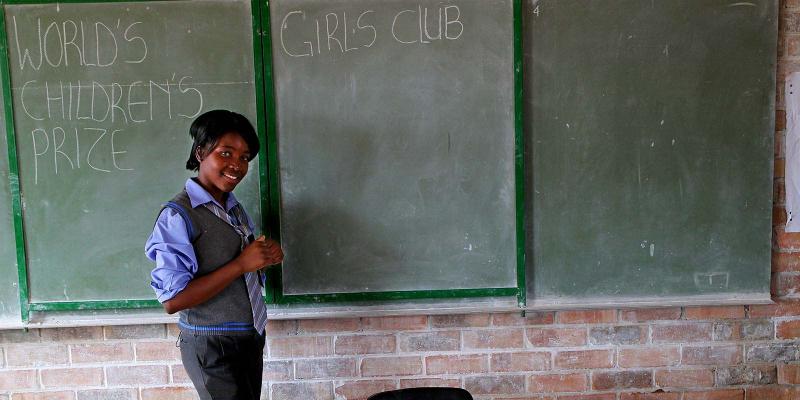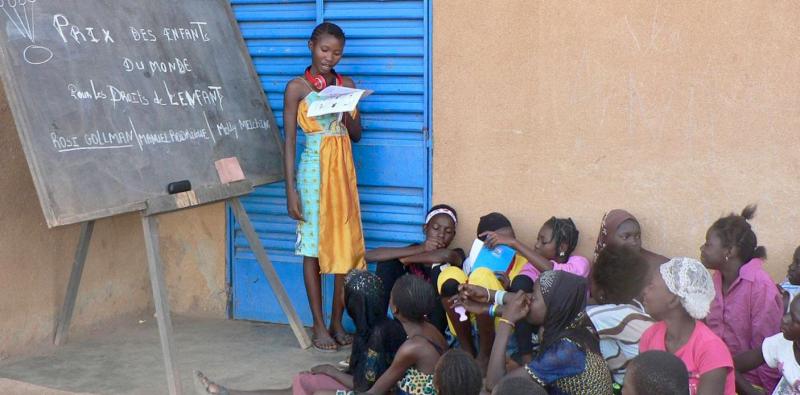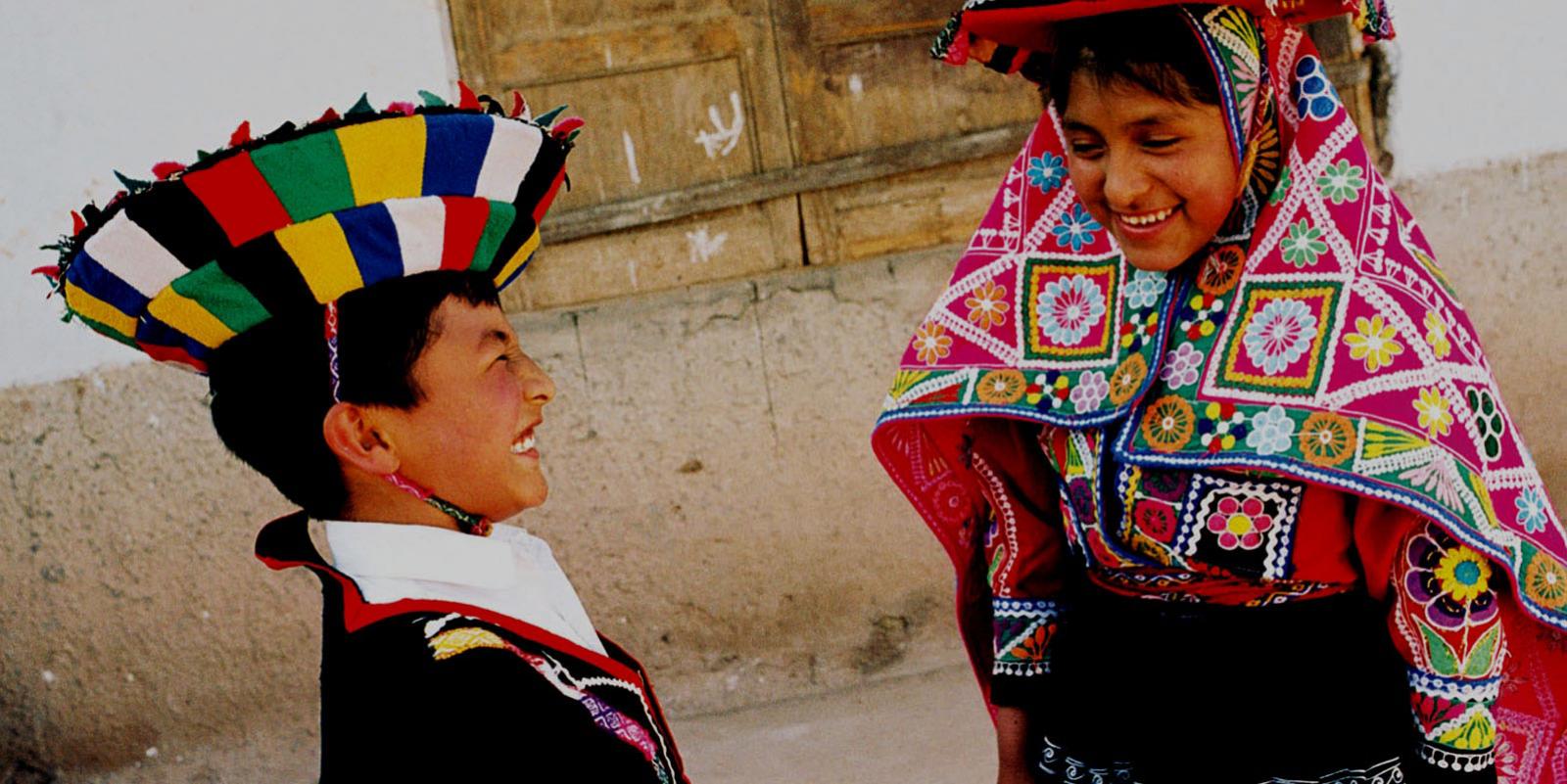
of the world?
All countries that have ratified the UN Convention on the Rights of the Child have promised to respect the rights of the child. Still, violations of these rights are common in all countries.
You have the right to say what you think about any issue that affects you. Adults should listen to the child’s opinion before they make decisions, which must always be in the child’s best interests. Is this how things are in your country and in the world today? You and the rest of the world’s children know best! Therefore, YOUR voice must be heard!
Download fact sheets (PDF)


NAME AND NATIONALITY
When you are born you have the right to a name and to be registered as a citizen of your country.Every year, circa 140 million children are born. Of these, 1 in 4 children are never registered before they turn five. Thus, 237 million children under five have no written proof that they exist. This can make it difficult to, for example, go to school or see a doctor.
DEVELOP AND SURVIVE
You have the right to survive and develop. You also have the right to feel well and get help if you are ill. Lack of food, clean water and access to proper hygiene facilities harms many children and their health. Around two million children die before they are even born, or at birth, often because the mothers are not getting the care they and the babies need before and during the pregnancy.Around 1 in 7 of the world's children under five are malnourished. It affects their development for the rest of their lives. Many children, on average 15,000 a day, that is, one child every six seconds, die before the age of five. In low-income countries, at least half of young children die of preventable diseases such as pneumonia, diarrhea, tetanus and AIDS. Only 6 out of 10 children with malaria receive proper care, and only half of the children experiencing poverty in countries with malaria have mosquito nets to sleep under. But much has improved: Since 1990, infant mortality in the world has more than halved!
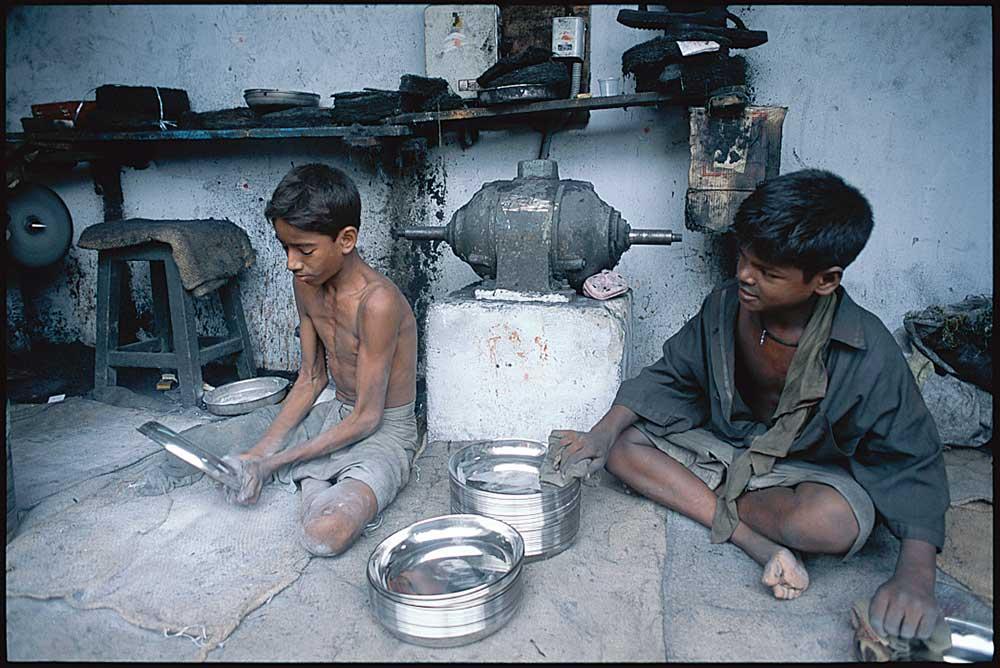
WORK
You must not perform any work that harms your health or prevents you from going to school. You have the right to be protected from being exploited for financial gain. Children under the age of twelve are not allowed to work at all.The number of children forced to work has increased in recent years to 160 million children, 1 in 10 children. In the poorest countries, about 1 in 4 children work. For 79 million children, work harms their safety, health, development, and schooling. Girls are especially vulnerable to commercial sexual exploitation, CSEC. Around 300,000 children are used in war as soldiers, porters or deminers. Due to the pandemic, millions of more children risk being forced to work. More boys than girls work, and more children in rural areas work than in cities. And of all the millions of people trafficked each year, a third are estimated to be children.
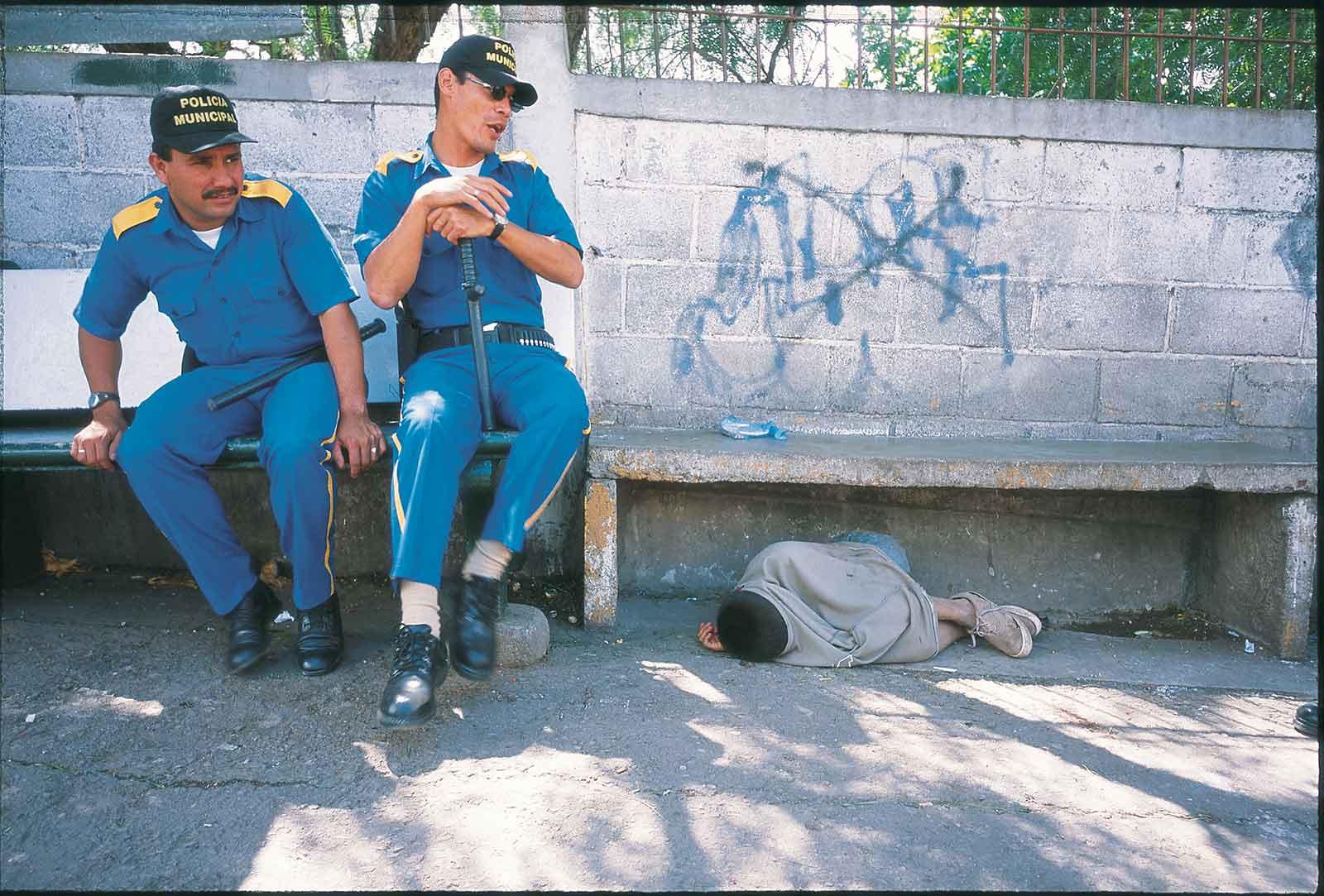
THE ENVIRONMENT
Climate change is expected to cause more droughts, floods, heat waves and other extreme weather conditions. Children may die and become injured, but natural disasters can also increase food shortages and clean water. It can also increase the spread of diarrhea and malaria, which severely affect children. Already, about 7 million children are estimated to be fleeing due to extreme weather and natural disasters such as floods. In addition, circa half a million children under the age of five die annually from pollution and far more suffer damage to their lungs.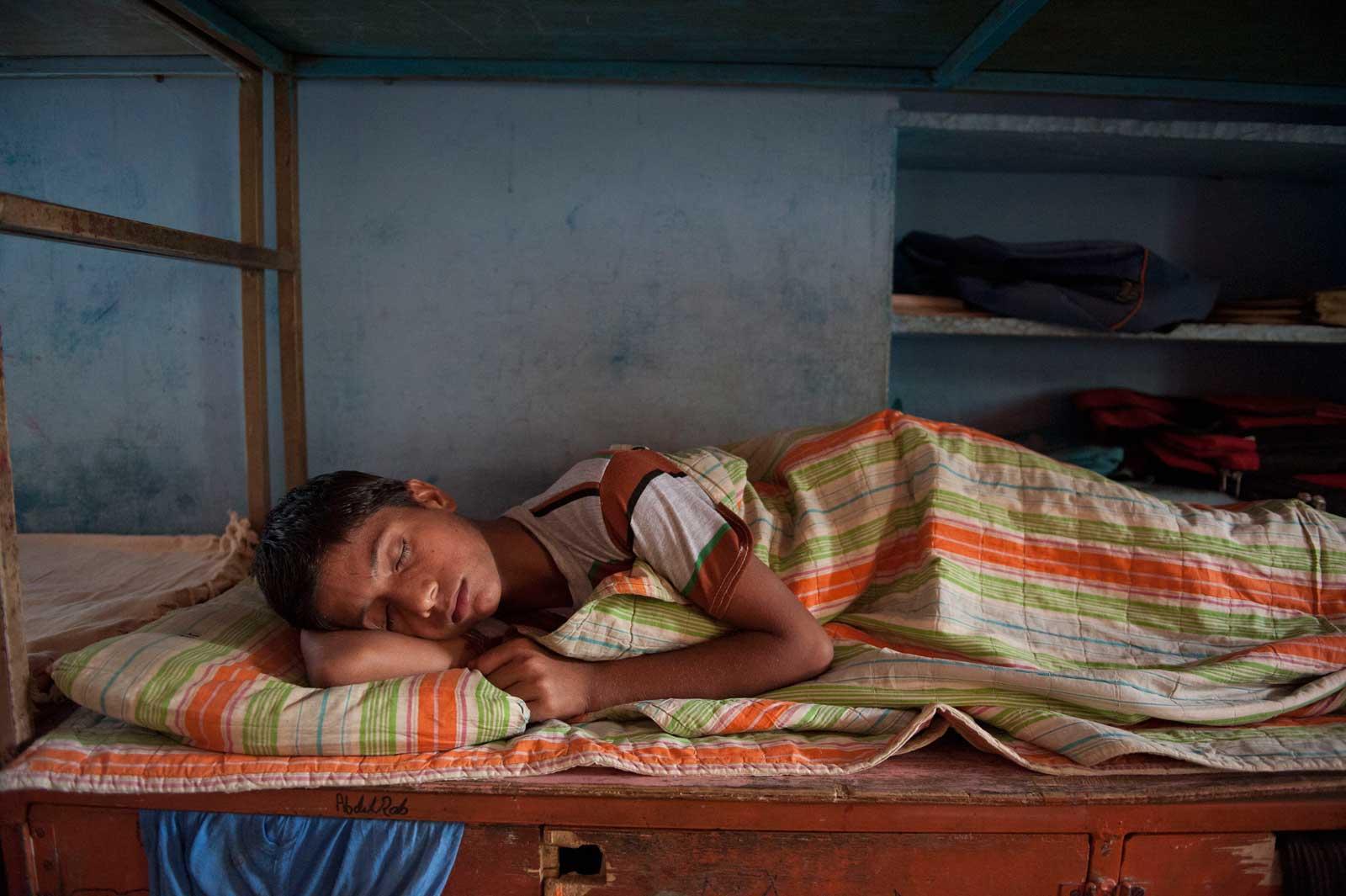
A GOOD LIFE
You have the right to a good home where you can develop, feel safe and feel good and get help with your studies. Children in low-income families have less access to all of this than children in high-income families. Around 400 million children live in poverty and the number is expected to increase in coming years due to the Covid pandemic. Millions of children experience homelessness, some live alone or with other children on the streets.DIGITALIZATION
Access to technology and the internet is increasing in the world. It has given many more children increased opportunities to find information, make their voices heard and influence society. However, access to the internet is not equal. 3 out of 10 children in the world do not have access to the internet at all. The children who live in the countryside have the worst access to the internet and digital devices. Less than 1 in 10 children and young people in low-income countries have access to the internet, compared with 9 in 10 in high-income countries.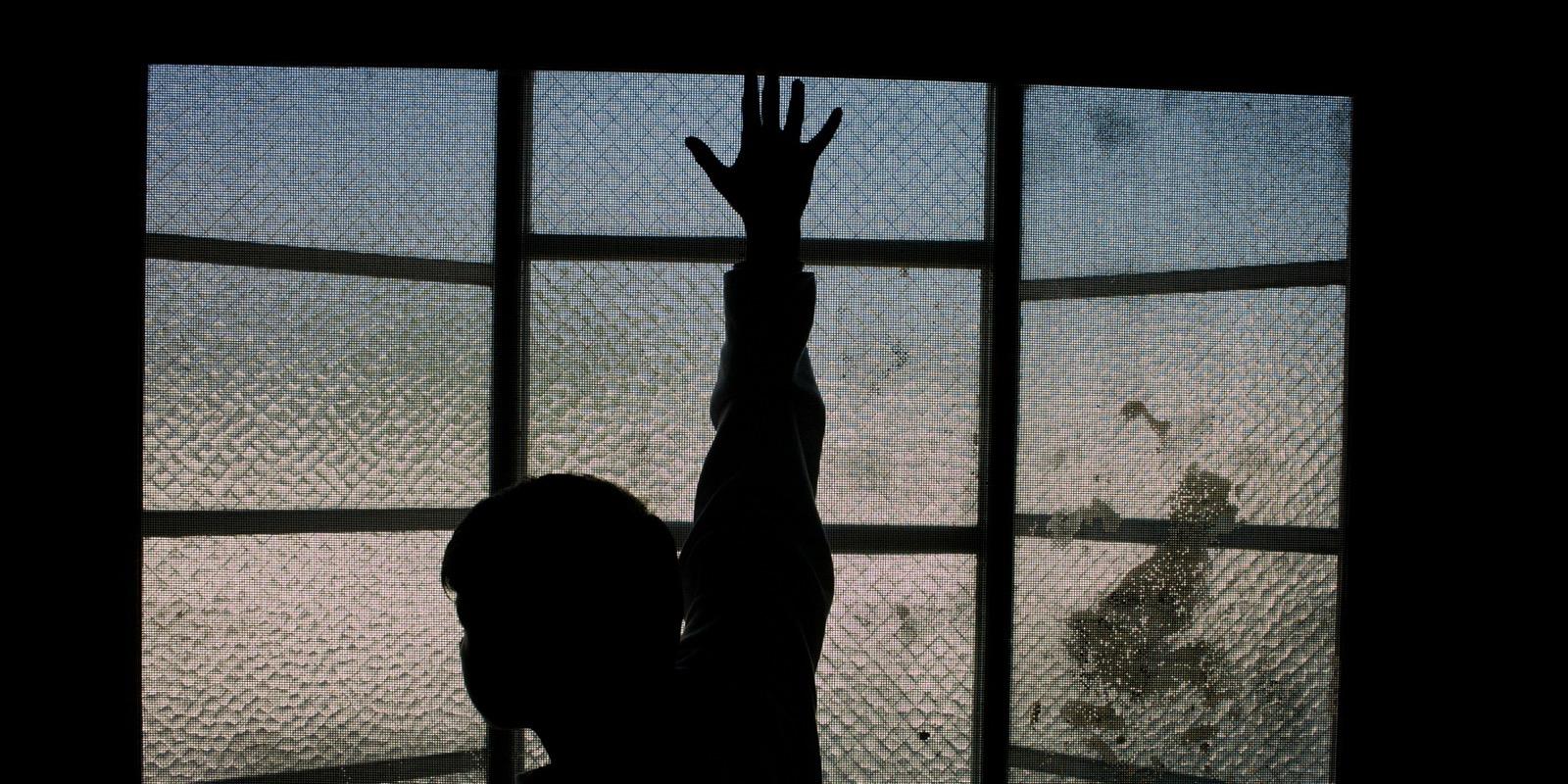
FREEDOM
About 7 million children in the world are detained, often in prisons or in prison-like conditions. Of these, 330,000 are imprisoned in refugee camps, and 19,000 children are imprisoned together with a parent.According to the Convention on the Rights of the Child, you may only be locked in as a last resort and for the shortest possible time. Children who have committed a crime must receive care and help and they must never be punished with life imprisonment or death. No child may be subjected to torture or other cruel treatment. However, violence, solitary confinement and other abuses of children deprived of their freedom are common.
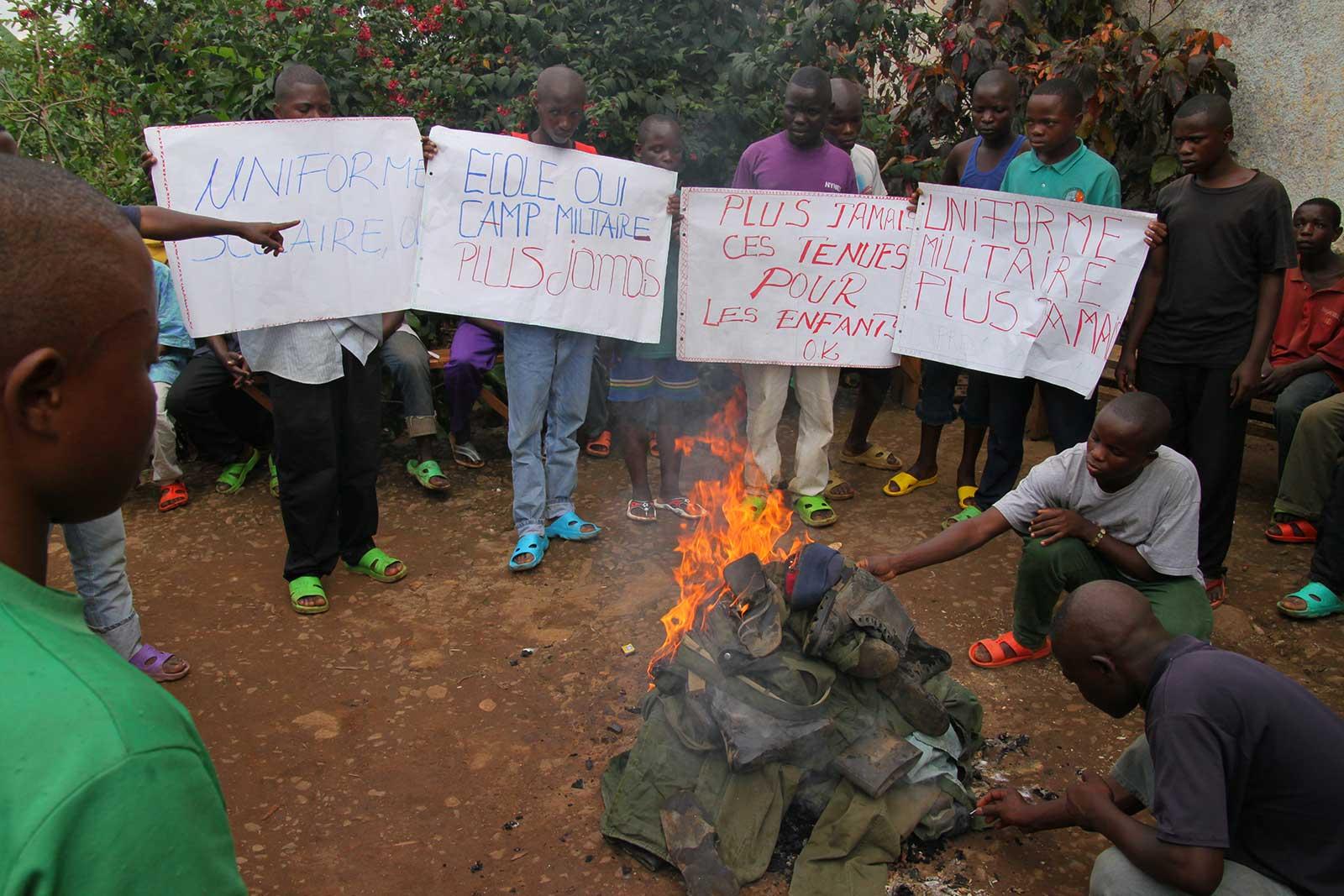
REFUGEES
Children forced to flee have the same rights as other children. Approximately 37 million children worldwide are currently fleeing, many more than just a few years ago. Many try to escape war and conflict; others flee because of persecution or natural disasters. Most of those forced to flee their country settle in a neighbouring country. Children who are refugees are often not able to go to school. Many suffer from mental and physical ill-health.VIOLENCE
You have the right to be protected against violence, neglect, abuse and mistreatment. However, many countries still allow corporal punishment (using violence) in schools. Only circa 64 of the world's countries have banned all forms of physical punishment of children. 1 in 3 children says that they have been subjected to bullying and/or abusive treatment at school. Children are also exposed to hate crimes or sexual abuse on the internet. Girls are particularly vulnerable to violence. About 1 in 3 girls worldwide is estimated to be exposed to physical or sexual violence at some point in their lives, often by a close relative, a neighbor, a teacher or partner.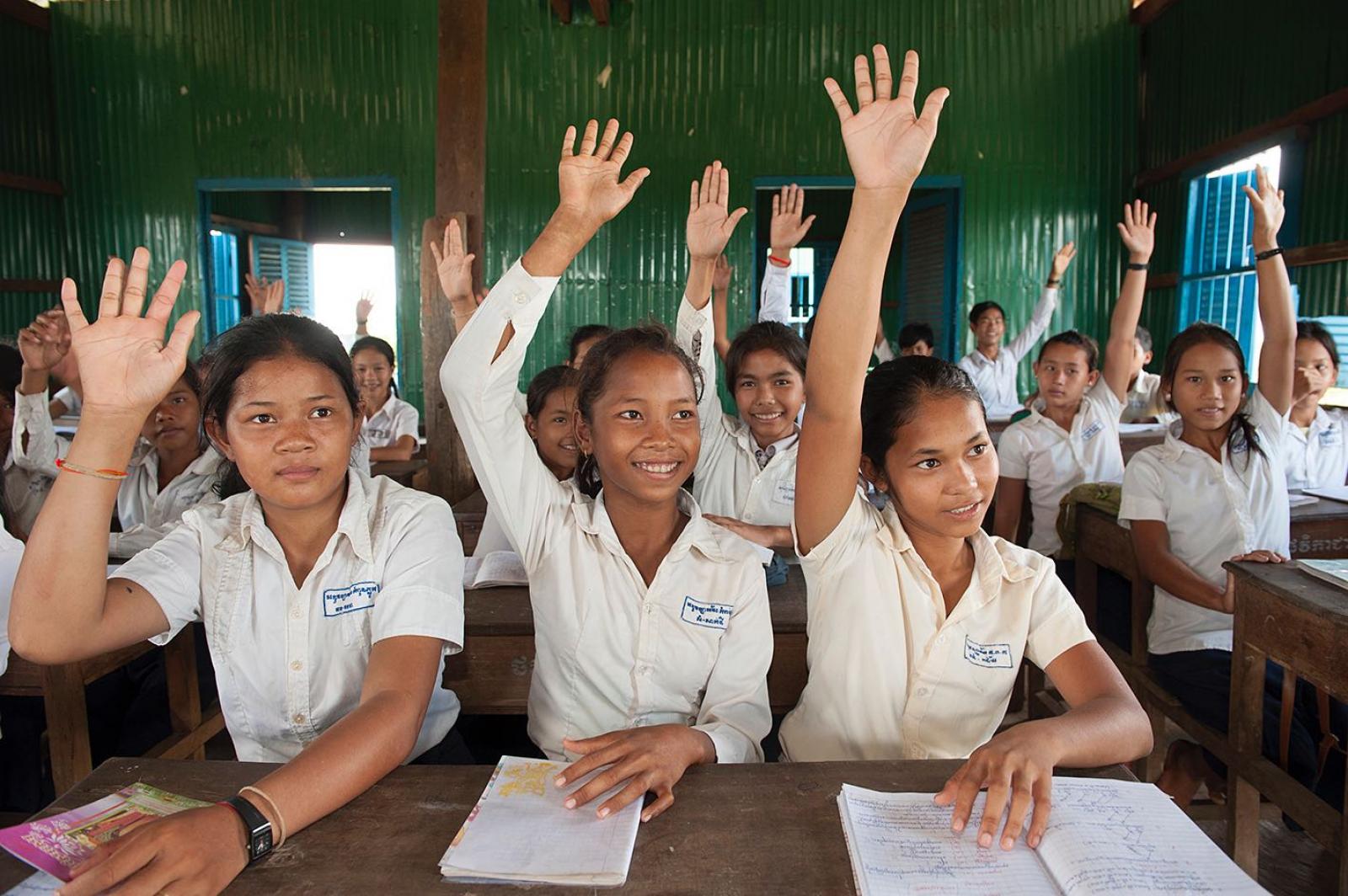
EDUCATION
You have the right to go to school. Compulsory school should be free for all. Almost 9 out of 10 children in the world go to primary school, and more children than ever before start school today. But many are forced to quit before they can finish their education. About 7 out of 10 children in the poorest countries do not finish high school, and 8 out of 10 do not. Of those who do not go to school, more than half are girls.MINORITIES & INDIGENOUS PEOPLE
Children from minority groups or indigenous peoples have the right to their language, culture, and beliefs. Examples of indigenous peoples, meaning those who first lived in their country, are the Aborigines in Australia and the Inuit in Greenland and Canada. Children from indigenous peoples and minorities are often exposed to injustice. Some are not allowed to speak their own language. Others are not allowed to practice their traditional faith. Many are discriminated against. For example, some do not get the same opportunities as other children in school, sports, and access to health care.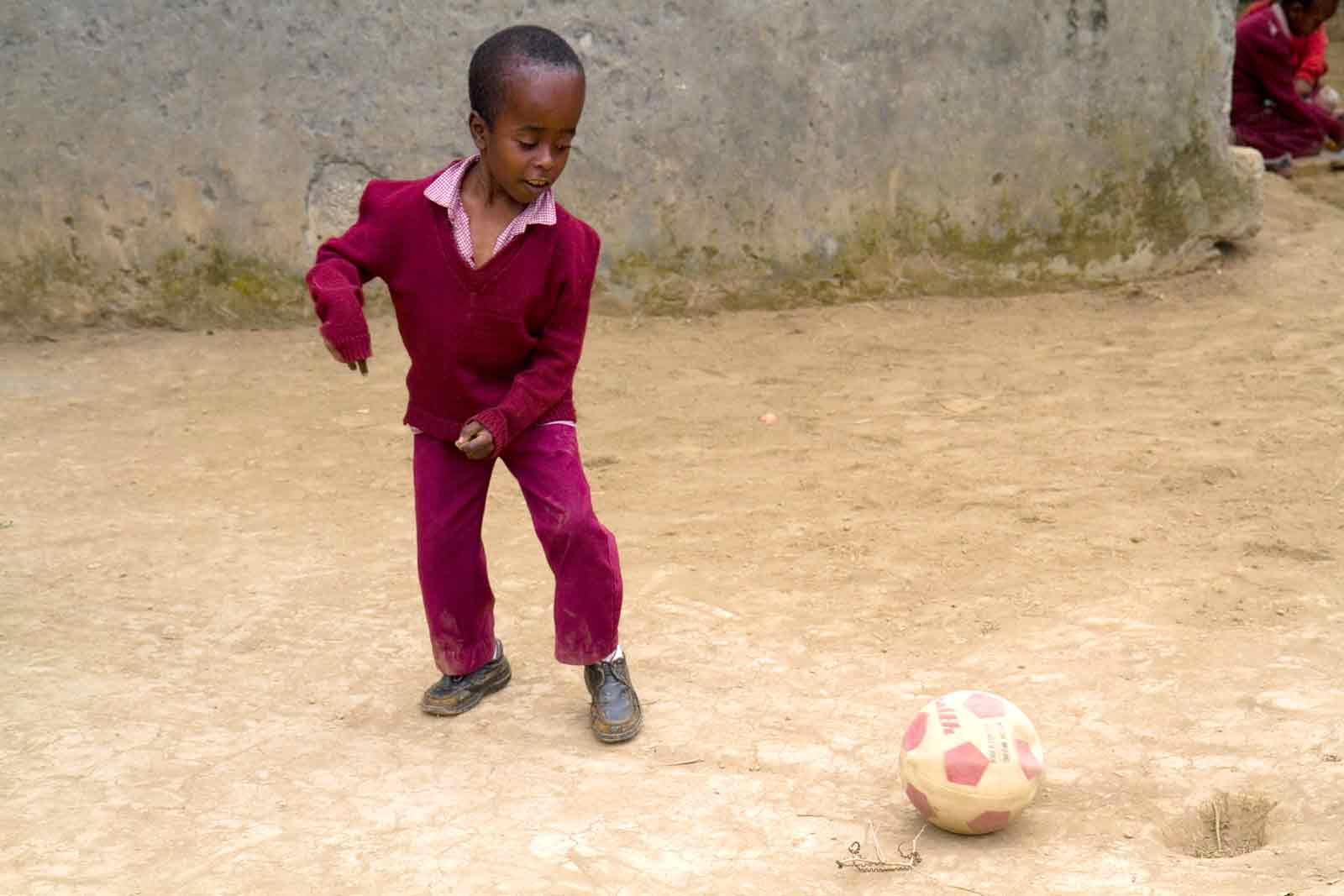
DISABILITIES
If you have a disability, such as impaired vision or hearing, ADHD, or Down syndrome, you have the right the same freedoms and rights as all other children. However, children with disabilities are often among society's most vulnerable and discriminated against. In many countries, children with disabilities are not even allowed to go to school, play or participate in society on the same terms as other children. There are at least 93 million children with disabilities worldwide. However, the statistics are uncertain and there are probably many more.IDENTITY
You have the right to be yourself. It can be about what you want to look like, what you want to do in life, or how you want to dress or wear your hair. It can be about who you want to hang out with and who you love. Your identity contains everything that makes you who you are. You may feel that you are someone completely different from whom people around you think or think you are. You have the right to live as you wish and the right to receive support if you need it.Sources: Unicef. Global Initiative to End All Corporal Punishment of Children.
Related stories
Långgatan 13, 647 30, Mariefred, Sweden
Phone: +46-159-129 00 info@worldschildrensprize.org
© 2020 World’s Children’s Prize Foundation. All rights reserved. WORLD'S CHILDREN'S PRIZE®, the Foundation's logo, WORLD'S CHILDREN'S PRIZE FOR THE RIGHTS OF THE CHILD®, WORLD'S CHILDREN'S PARLIAMENT®, WORLD'S CHILDREN'S OMBUDSMAN®, WORLD'S CHILDREN'S PRESS CONFERENCE® and YOU ME EQUAL RIGHTS are service marks of the Foundation.



